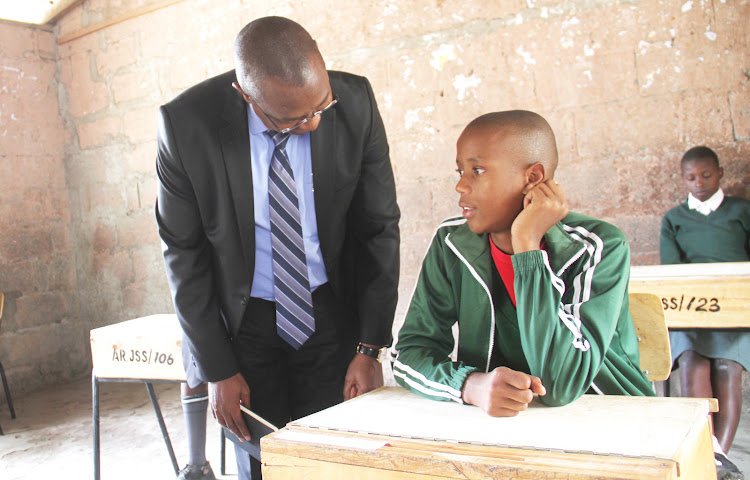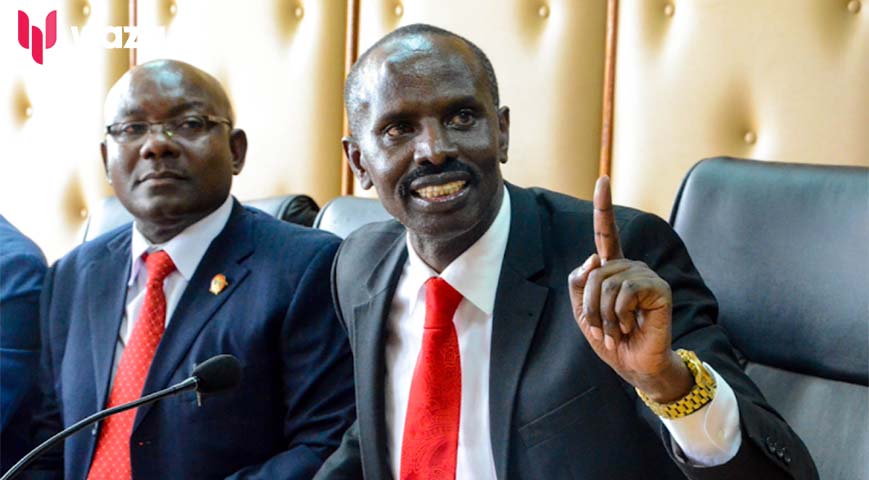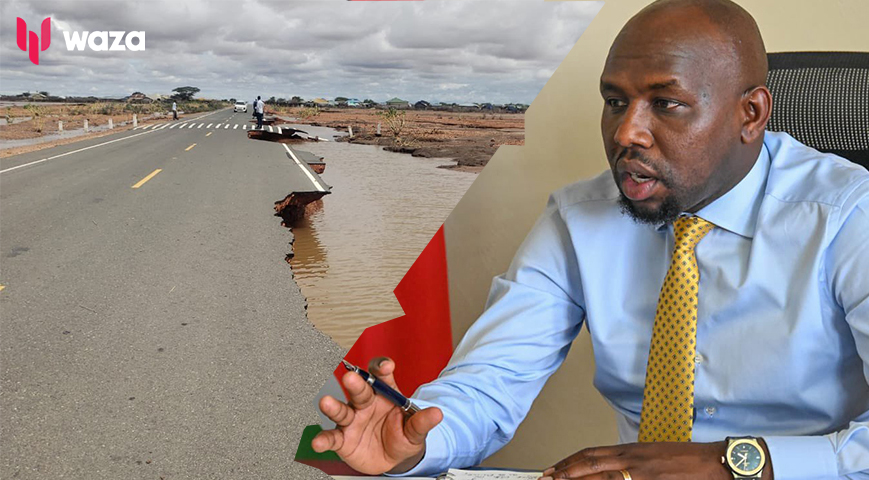Wilson Sossion, the former secretary general of the Kenya National Union of Teachers (KNUT), now believes that the 8-4-4 education system was the best. However, he also suggests that it was sabotaged, which prevented what could have been a revolutionary change in the nation's educational system.
This coincides with the announcement of the final KCPE exam results and the gradual phase-out of the education system initiated in 1995 in favor of the Competency-Based Curriculum (CBC).
Speaking on Friday's Day Break program on Citizen TV, Sossion said that the main goal of the 8-4-4 system was to implement a skill-based curriculum that would result in independent, creative, and competitive citizens worldwide.

The former head of KNUT claimed that outside interference, especially the Kamunge Report of 1988, which he claimed introduced cost-sharing with families and upset the system's intended course, ruined the 8-4-4 system's implementation.
Did you read this?
"The 8-4-4 was the most well-thought-out revolutionary curriculum in Africa that was going to be a panacea to lead Africa to industrialization but it was systematically sabotaged by external forces," he asserted.
"The strong knowledge framework is what has made the 8-4-4 what it is and made its graduates the most competitive in the world."
He refuted that the system was just exam-focused, arguing that a strong examination system was essential to an all-encompassing and successful educational approach.

Sossion also claimed that the Koech Commission of 1998, which had proposed large investments in education to address the funding issues surrounding the 8-4-4 system, was overthrown by owners of private schools and that the reforms were never implemented.
"We haven't prepared for CBC, so we might be throwing caution to the wind and throwing caution into the fire. If CBC doesn't firmly establish 8-4-4 as its foundation, it won't succeed," he declared.
Like Sossion, Lugari MP Nabi Nabwera expressed regret that many well-thought-out elements of the Mackay Report's 8-4-4 system were never fully implemented.
He questioned whether switching to a new curriculum would be feasible without first resolving the problems with the current one.
"I keep on asking the questions, even now. If we couldn't do it in 8-4-4, by renaming them or calling them names and fashioning them differently, will we manage ?" He posed.

"I agree with Sossion that no one is willing to invest enough money in education because it needs software investment and it is very difficult to cut a deal. It needs capitation, and we keep increasing money in other infrastructure but education."
According to Amos Kaburu, Chief Consul at Opticum Group, the absence of influential voices in the field is the reason behind the shortcomings of the educational system.
"We shamelessly, globally, and methodically undermined 8-4-4. It had good intentions and it was well thought out but we lacked the will and the champions for it, and it may happen again with CBC. To continue arguing for education, we need powerful voices. We should not leave education to go on autopilot," Kaburu emphasized.







